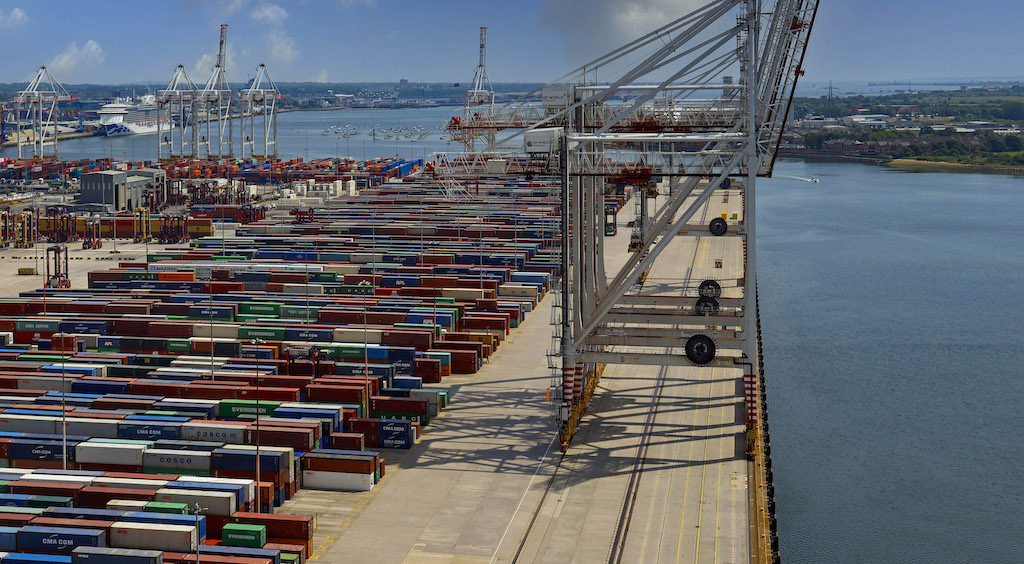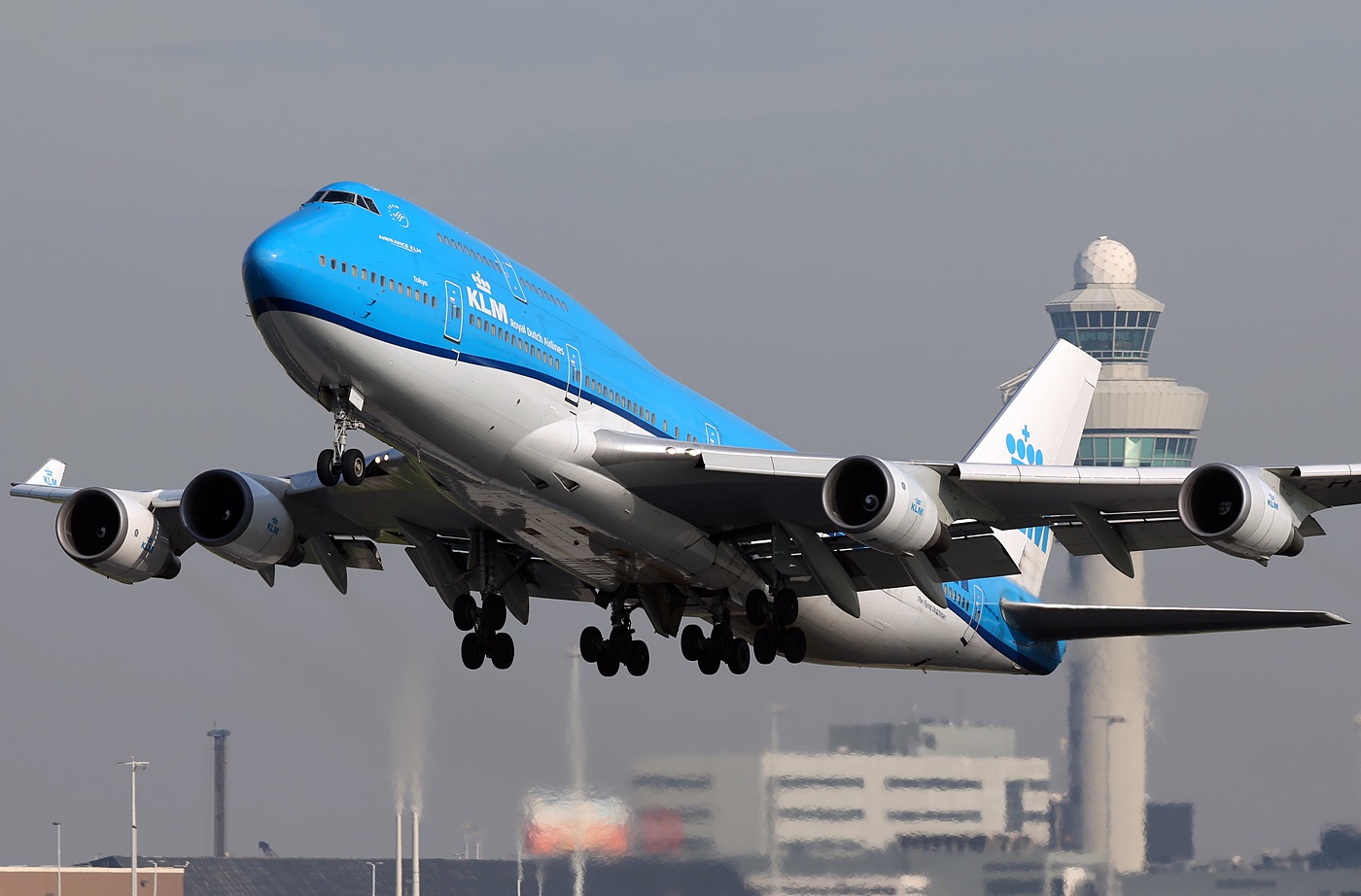
DP World has taken a major step forward for the capability of its Southampton terminal in the UK with the completion of the crane rail extension, which will allow the world’s largest cranes to service the full length of the quay.
Part of DP World’s £40m investment this year in Britain’s second largest container terminal, the 120m crane rail extension has foundations reaching 26 metres below the ground and took 16 weeks to build.
It will facilitate the movement along the quay of some of the terminal’s 12 Liebherr cranes which stand up to 130m high, with flexibility being the highest priority for the equipment.
The new configuration (pictured) is designed to maximise utilisation and will save customers’ time by speeding up quayside loading and unloading.
Together with the granting of permission for a third berth to be dredged down to a depth of more than 15 metres, and the addition of a second empty containers park scheduled for September, the investment will take Southampton up to the next level as a smart logistics hub.
Ernst Schulze, Chief Executive of DP World in the UK, said: “Our aim is to be a partner in our customers’ business success, providing fast, reliable and flexible links to international supply chains and markets. DP World Southampton is the most productive port in Britain – turning container trucks around faster than any of its competitors and at over 30 per cent has the highest proportion of its containers moved by rail.
“The completion of the crane rail extension builds on the progress already made this year with the opening of a new Border Control Post and the dredging and widening work on a number of berths. Our next step – a £3m investment in the redevelopment of the yard for the storage and delivery of customers’ empty containers – will increase capacity by 25 per cent and create even more flexibility and resilience for our customers.”
DP World Southampton, along with DP World London Gateway, became one of its two deep water ports with freight rail terminals to be awarded freeport status by the British Government earlier this year.
In March, London Gateway and Southampton became the first deep-water ports in Britain capable of handling Freightliner’s new 775 metre intermodal container trains, which are the longest in use on the national rail network and generate significant cost and environmental benefits

